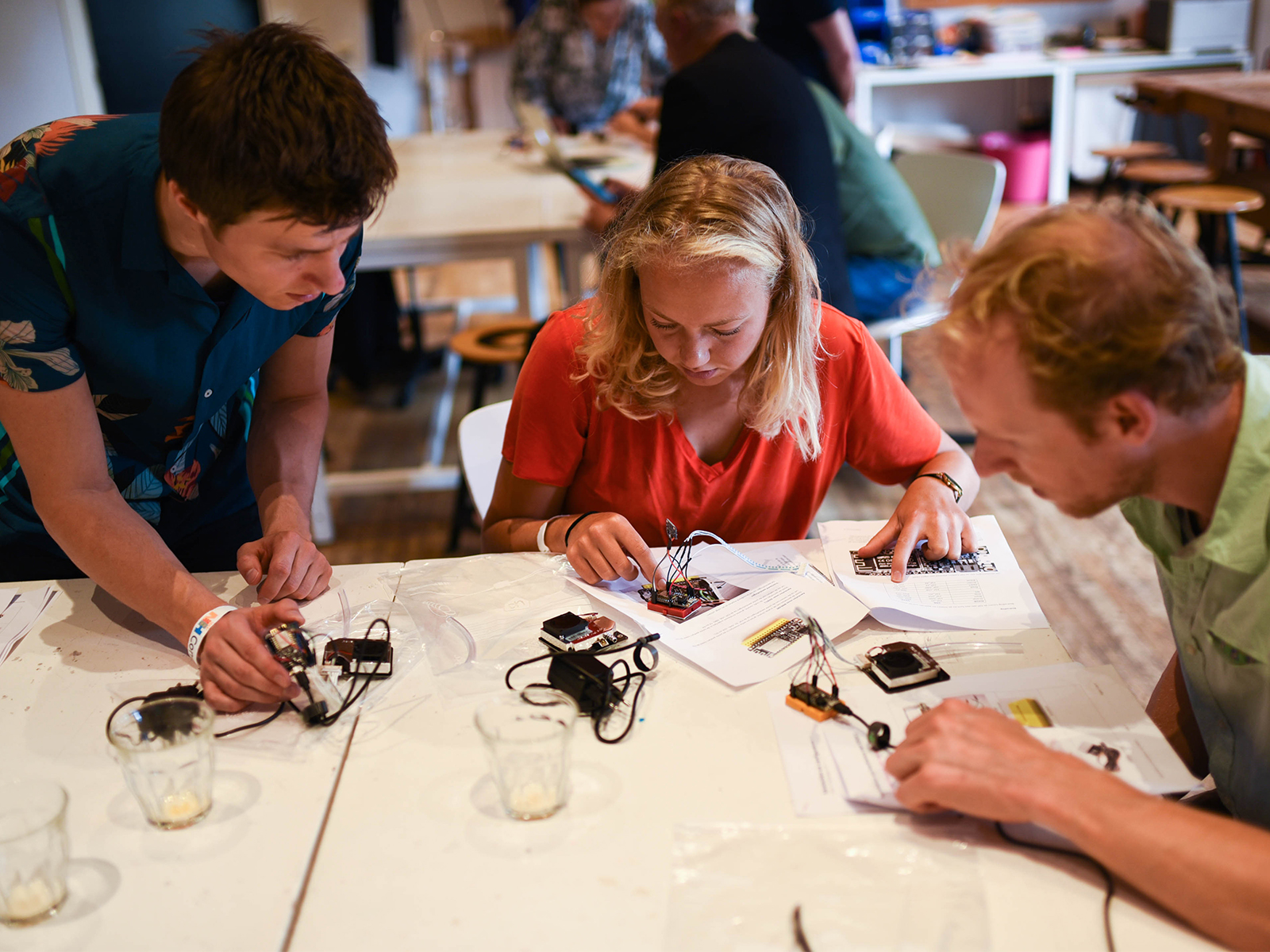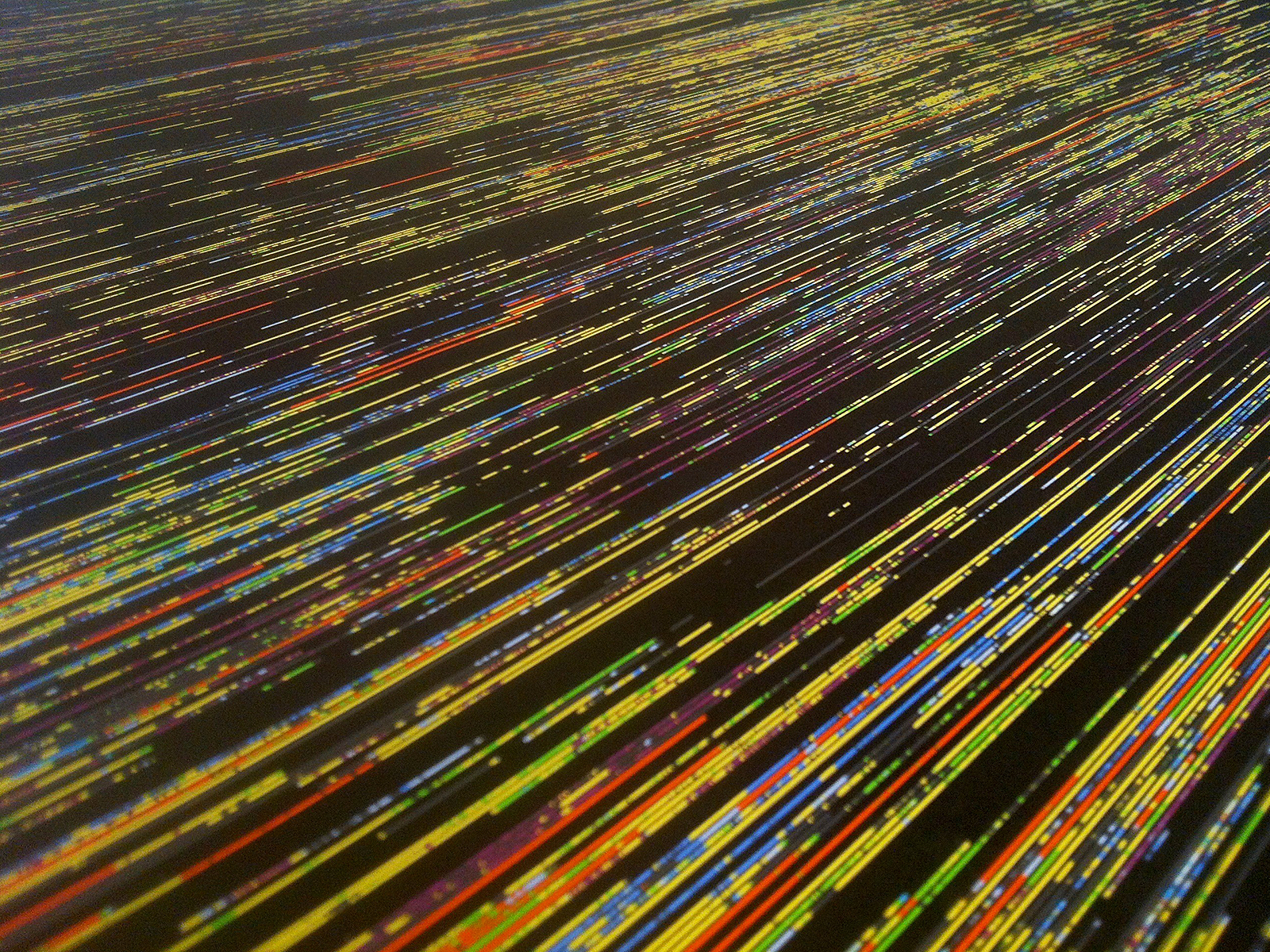The Smart Citizens Lab operates using one of Waag’s core values: public research. She views society as a community of researchers and citizen scientists. Citizen science means that citizens are given a place at the design table rather than being the subjects of external, top-down research. Smart citizens are those who research how we can take back our sovereignty from the smart city. We appropriate the internet of things to map out and improve our environments.
Technology can strengthen citizens’ positions in relation to governments and corporations.
Technology can strengthen citizens’ positions in relation to governments and corporations. In the Smart Citizens Lab we strengthen our position through citizen sensing: a process by which citizens receive open-source tools and learn to measure their surroundings and interpret the data. By strengthening their knowledge and gathering data, citizens hold a stronger position in the conversation. They are given tools to improve their quality of life themselves.
In the Hollandse Luchten (HoLu) project, for example, we designed open-source air quality sensors that are affordable and easy to produce. These ‘HoLu kits’ are being distributed in pilots to residents who live in regions where the air quality is poor, such as around the Tata steel factory in the IJmond area. We teach citizens to measure the surrounding air quality and to interpret the data. In this way, they are better prepared to advocate for themselves when engaging in dialogue with municipalities, provinces, and companies.











